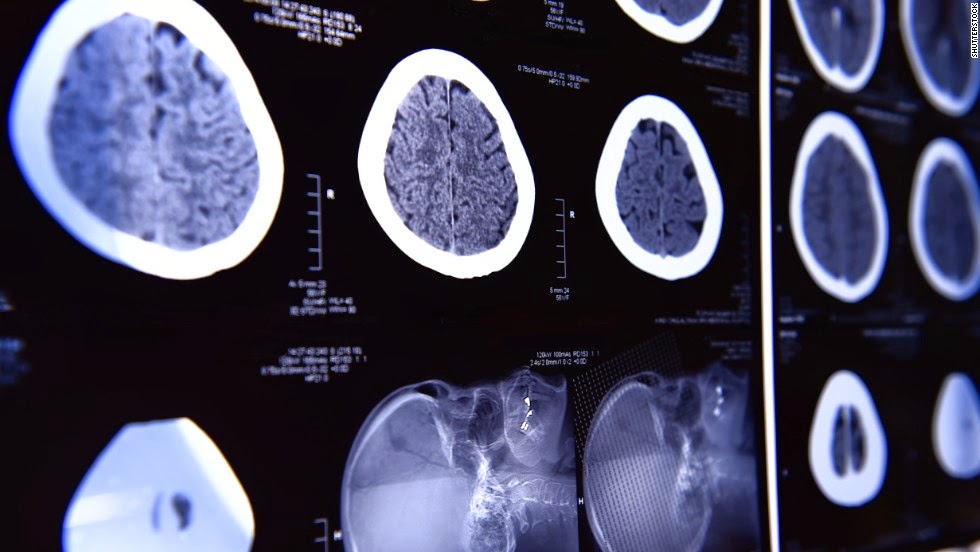Distractible Mice Offer Clues to Attention Deficit
 |
| Attention Deficit |
The findings suggest that defects in this circuit could underlie attention-related symptoms across different human behavioral disorders, and how treatment might be designed to correct it.
About 1 percent of people with autism spectrum disorders (ASD) and intellectual disability have a mutation in the gene PTCHD1 (patched-domain containing protein 1). People with an altered PTCHD1 gene have symptoms that include attention deficit, hyperactivity, sleep abnormality, low muscle tone, and learning disability. (NIMH study)



Comments
Post a Comment